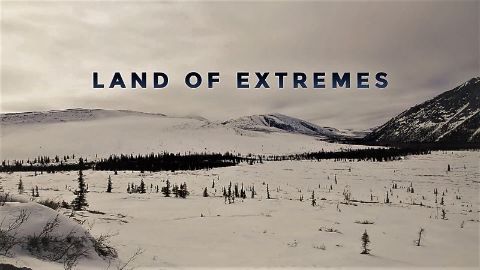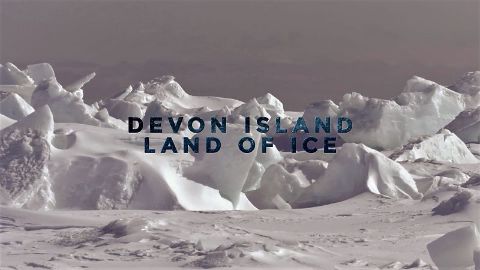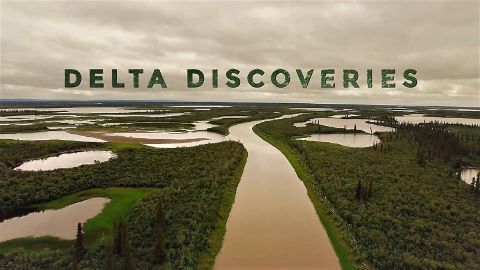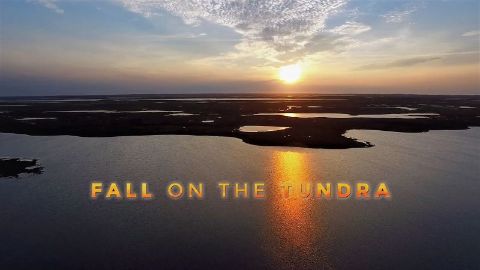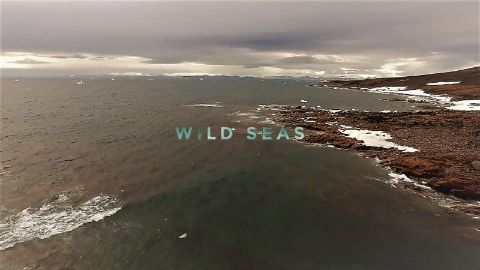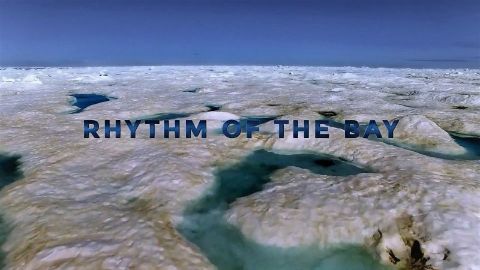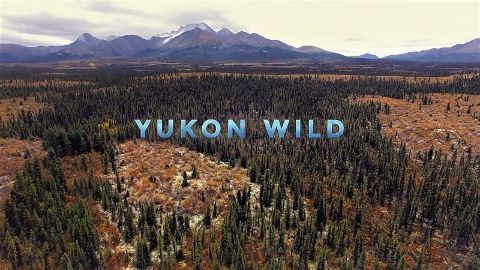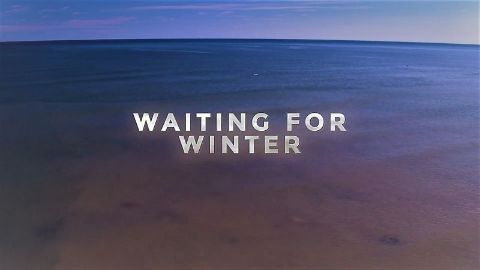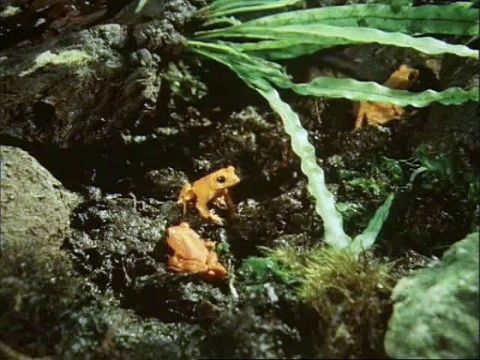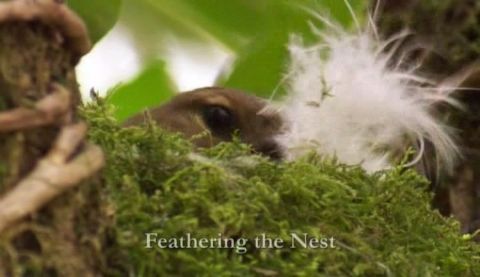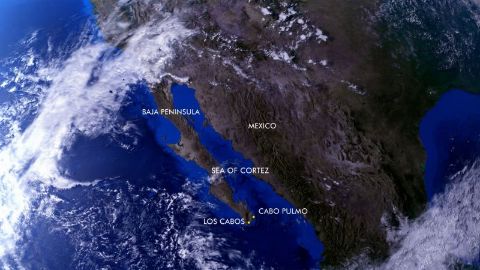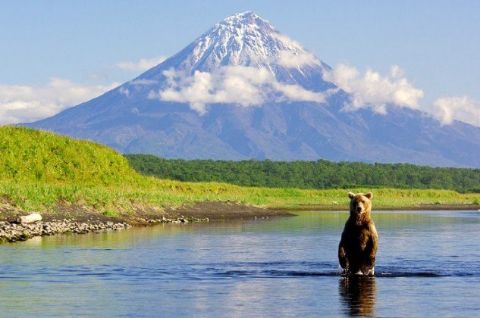Devon Island: Land of Ice • 2015 • episode "S1E2" • Arctic Secrets
Canada's Devon Island is the largest uninhabited island in the world--and with good reason. Temperatures below freezing for nine months of the year and an annual rainfall comparable to the Gobi Desert leave the icy landscape so barren that NASA uses it to simulate conditions on Mars. Take an exhilarating expedition into a land where only the most experienced Inuit hunters dare set foot.
Make a donation
Buy a brother a hot coffee? Or a cold beer?
Hope you're finding these documentaries fascinating and eye-opening. It's just me, working hard behind the scenes to bring you this enriching content.
Running and maintaining a website like this takes time and resources. That's why I'm reaching out to you. If you appreciate what I do and would like to support my efforts, would you consider "buying me a coffee"?
Donation addresses
BTC: bc1q8ldskxh4x9qnddhcrgcun8rtvddeldm2a07r2v
ETH: 0x5CCAAA1afc5c5D814129d99277dDb5A979672116
With your donation through , you can show your appreciation and help me keep this project going. Every contribution, no matter how small, makes a significant impact. It goes directly towards covering server costs.
